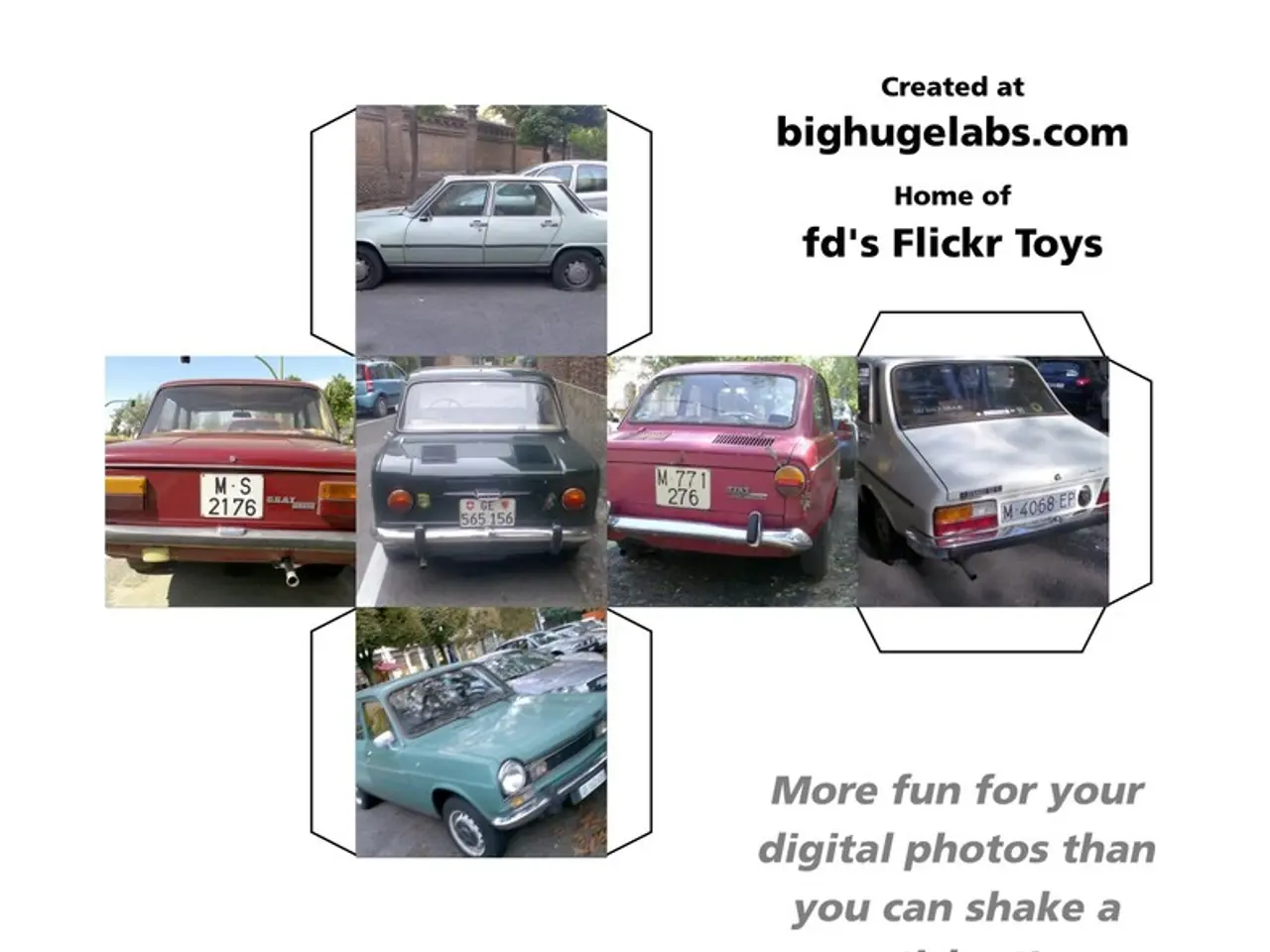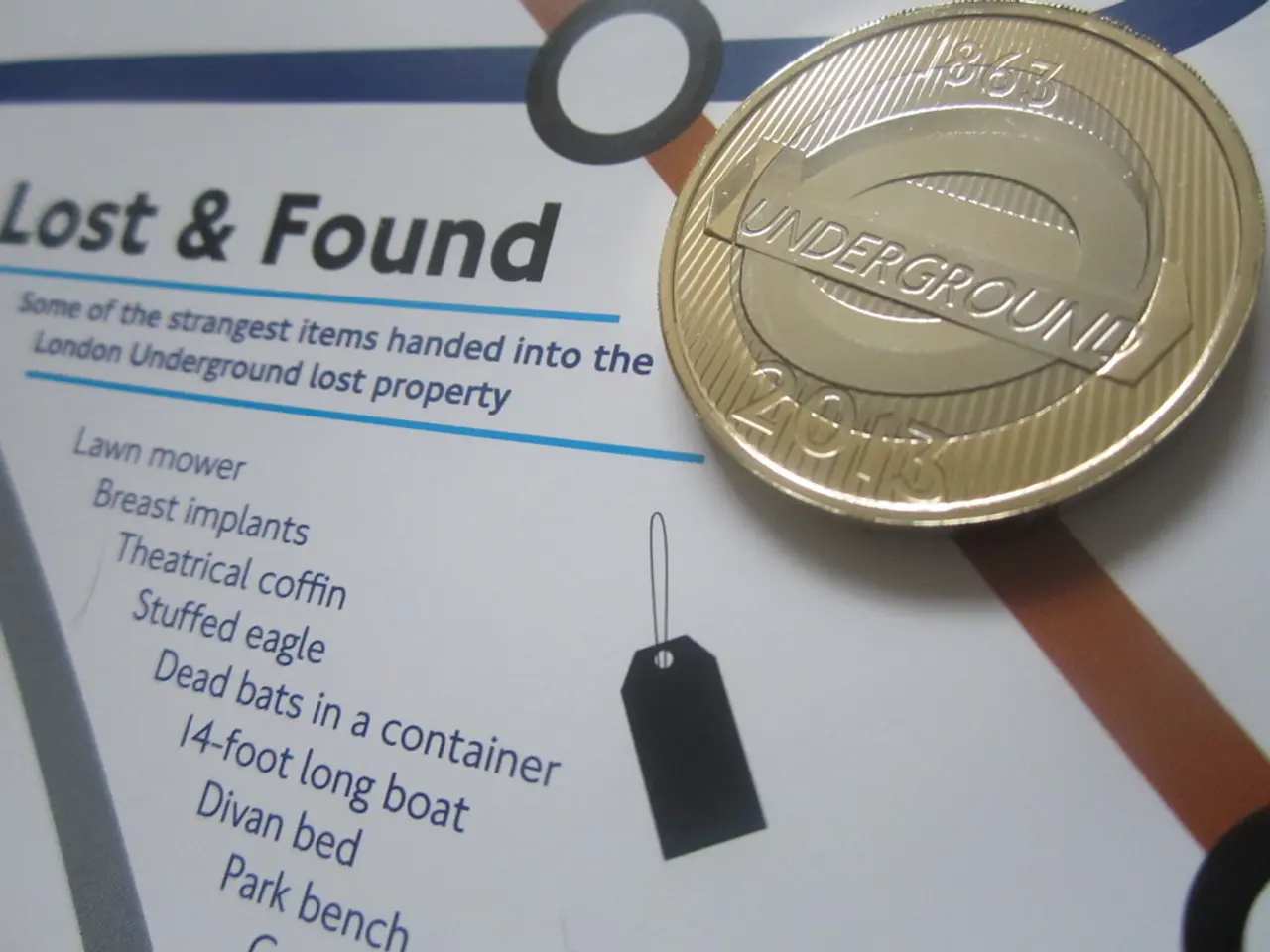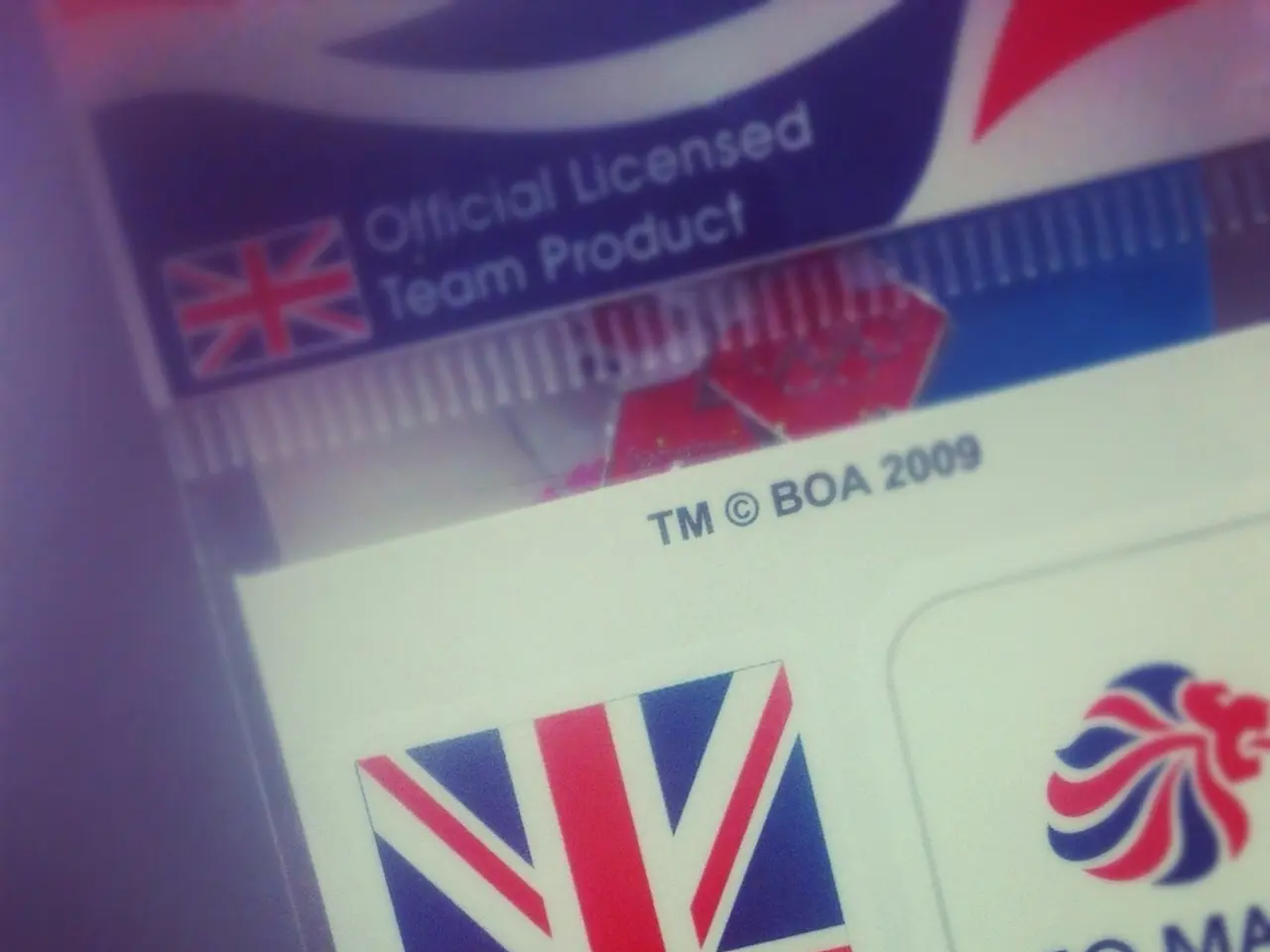Stellantis Abandoning Plans for Hydrogen-Fueled Automobiles Launch
In a significant move towards sustainable mobility, automotive giant Stellantis has decided to discontinue its plans for a new range of hydrogen-powered vehicles, citing a series of factors that have made the technology less competitive in the current market.
The decision comes amidst a growing global demand for clean energy and the need to reduce carbon emissions. The hydrogen market, projected to reach $410.6 billion by 2030, is experiencing significant growth, driven by the increasing demand for clean energy and the need to combat climate change. However, hydrogen energy faces several challenges, including high production costs, technical barriers in storage and infrastructure, and the limitations of electrolysis technologies.
Stellantis, the parent company of iconic brands like Chrysler, Dodge, Jeep, and Citroen, had initially announced plans to start industrial scale production of "Pro One" hydrogen fuel cell vans at its plants in Hordain, France and Gliwice, Poland, in 2024. The company aimed to reach a production capacity of more than 10,000 units per year of hydrogen-powered vans by 2025.
However, the company has now shifted its focus to electric and hybrid passenger and light commercial vehicles to meet the demands of CO2 regulations in Europe. This strategic shift is in line with Stellantis' commitment to ensuring competitiveness and meeting customer expectations with its electric and hybrid vehicles.
Stellantis has not announced any plans to launch new hydrogen fuel cell vehicles in the future. Instead, the company is currently in discussions with Symbio shareholders to evaluate the market consequences of its decision. Symbio, a hydrogen fuel cell systems company, accounts for most of Stellantis' business volume. Stellantis took an equal share in Symbio with joint venture partners Michelin and automotive technology provider Faurecia in 2023.
Jean-Philippe Imparato, Stellantis' Chief Operating Officer for Enlarged Europe, stated that the hydrogen market remains a niche segment with no prospects of mid-term economic sustainability. Despite the growth potential of the hydrogen fuel cells market, the high cost of hydrogen fuel cells compared to other energy storage technologies, such as lithium-ion batteries, poses a significant challenge.
The factors that have led to Stellantis' decision include limited availability of hydrogen refueling infrastructure, high capital requirements, and the need for stronger consumer purchasing incentives. The lack of widespread hydrogen refueling infrastructure compared to electric vehicle charging infrastructure can hinder the adoption of hydrogen fuel cell vehicles. Additionally, the rapid advancements and cost reductions in battery technology for electric vehicles might have made hydrogen fuel cells less appealing for some automotive companies.
Stellantis' decision to discontinue its hydrogen fuel cell program does not affect its 33% stake in Symbio. The company continues to invest in and support the growth of hydrogen technology, recognising its potential role in sectors such as heavy industry and long-duration energy storage.
As the automotive industry continues to evolve, Stellantis' strategic shift towards electric and hybrid vehicles underscores the importance of making clear and responsible choices to meet customer expectations and ensure competitiveness in the rapidly changing market.
The growing global demand for clean energy and the need to reduce carbon emissions have prompted automotive giant Stellantis to discontinue its plans for a new range of hydrogen-powered vehicles,, indicating a shift towards technology that is currently more competitive in the market. The company's strategic move aligns with the industry's rapid advancements in battery technology for electric vehicles, which might have made hydrogen fuel cells less appealing for some automotive companies.




